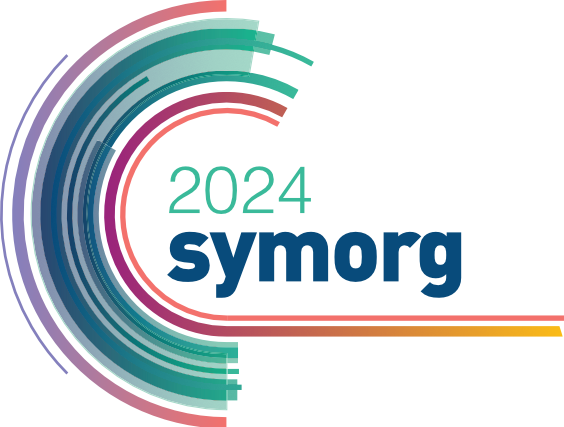Challenges of Green and Digital Transformation
Track moderators

Nataša Petrović, Ph.D.
POSITIONS
Full Professor
University of Belgrade – Faculty of Organizational Sciences
Department of Management of Technology, Innovation and Sustainable Development
Description
The merging of digital and green transformation poses significant challenges and enormous potential for societies, governments, and industries on a global scale. As society progresses towards a more technologically advanced and sustainable future, these two transformations are progressively assuming critical importance in influencing the economic, environmental, and social environments.
A fundamental obstacle resides in the harmonization of digital progress with environmental objectives. Although digital technologies can enhance energy efficiency, minimize waste, and facilitate more intelligent resource management, they also generate substantial amounts of electronic waste and energy consumption. Achieving a balance between these factors necessitates the development of novel approaches that not only boost technological capacities but also place sustainability first.
In addition, the digital divide presents an enormous obstacle. The presence of disparities in digital technology accessibility among various regions and communities may further compound pre-existing inequities and impede the ability of all to benefit from the process of digitalization. To ensure the equity of green and digital transformations, concerted efforts are required to bridge this gap by ensuring that all individuals have access to the required infrastructure, technologies, and skills.
Furthermore, regulatory frameworks may be unable to keep up with the rapid rate of digital transformation, which may result in governance gaps that have adverse effects on social and environmental outcomes. It is essential to devise proactive, forward-thinking policies that can effectively manage the risks associated with technological advancements while maximizing the benefits that can be derived from these changes.
The achievement of green and digital transformations is contingent upon our capacity to cultivate cross-sector collaboration, judiciously harness innovations, and place sustainability as the fundamental tenet of technological progress. To achieve a future that is environmentally sustainable and digitally advanced, it will be imperative to confront these challenges directly.
Key topics
- Smart Cities and Sustainable Urban Planning
- Renewable Energy and Technology
- Circular and Green Economy
- AI and Machine Learning for Environmental Solutions
- Digital Inclusion and Equity in the Green Economy
- Corporate Responsibility and Environmental Sustainability Reporting
- Education and Workforce Development for a Green Digital Future
- Ethical Considerations in Digital and Green Technologies
- Global Cooperation for Climate Action
















